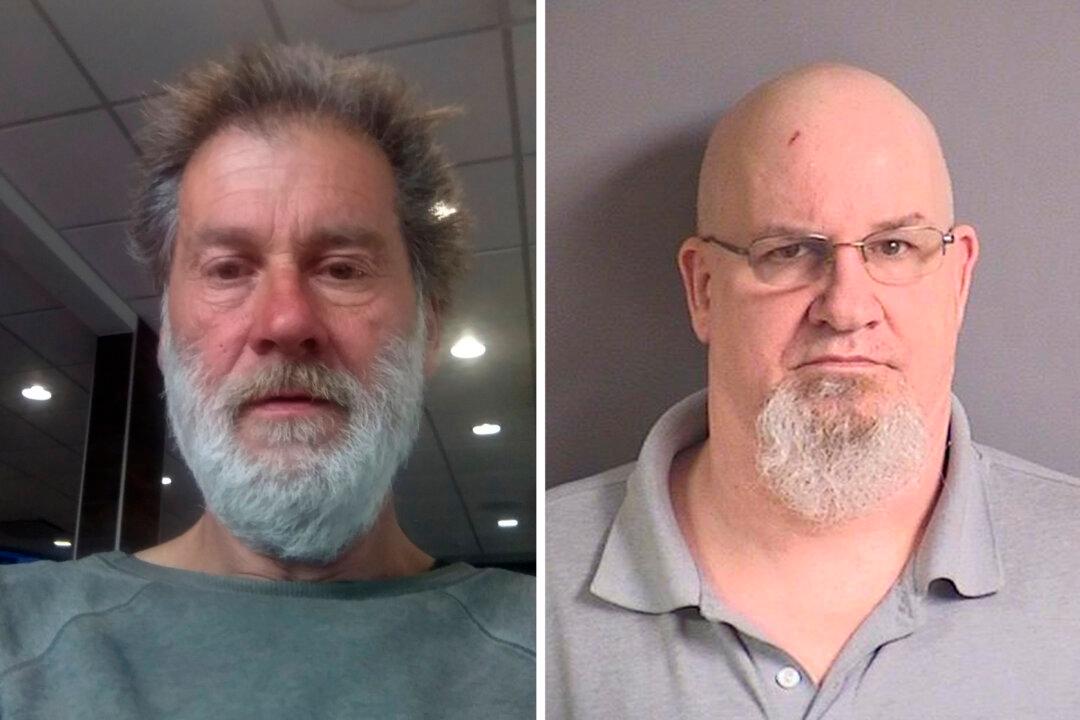An information technology expert who, for decades, assumed the identity of another man so convincingly that his victim was forcibly medicated and jailed for identity theft himself was sentenced on Jan. 31 to 12 years in prison.
Matthew David Keirans, 59, of Hartland, Wisconsin, pleaded guilty in April 2024 to federal charges of aggravated identify theft and making false statements to a National Credit Union Administration-insured institution.





